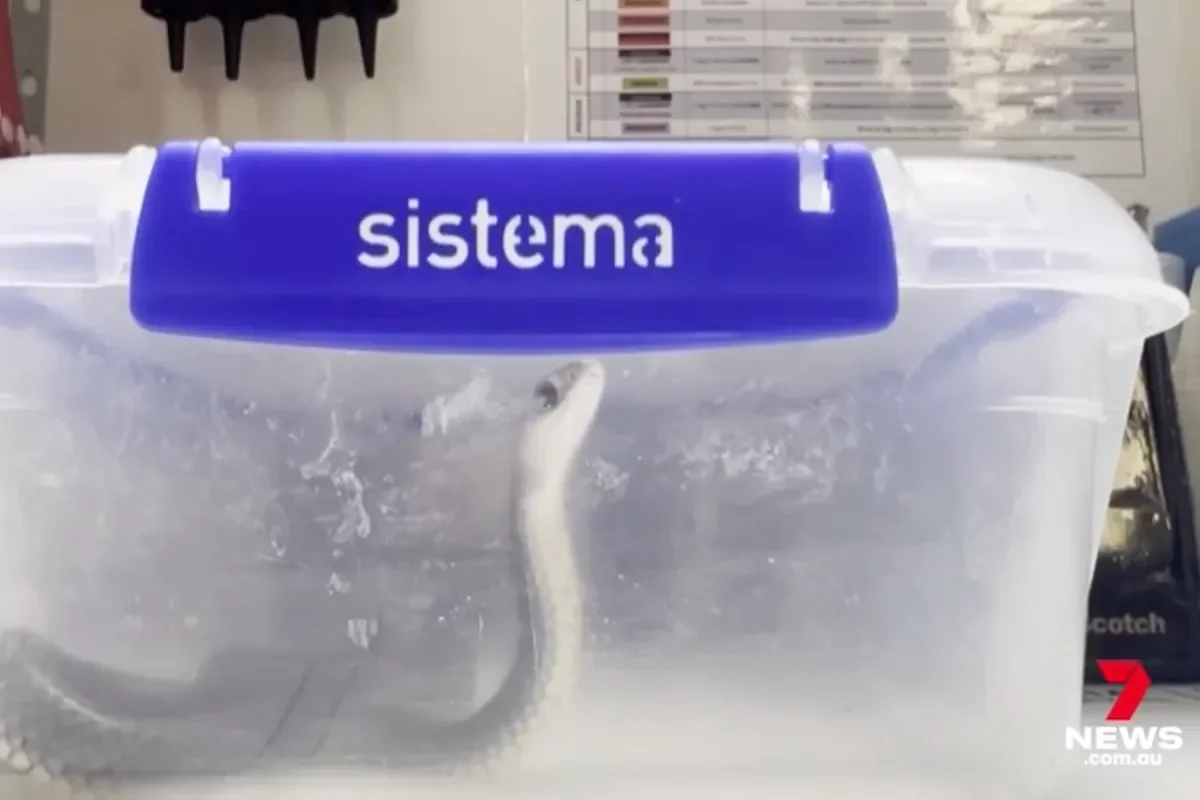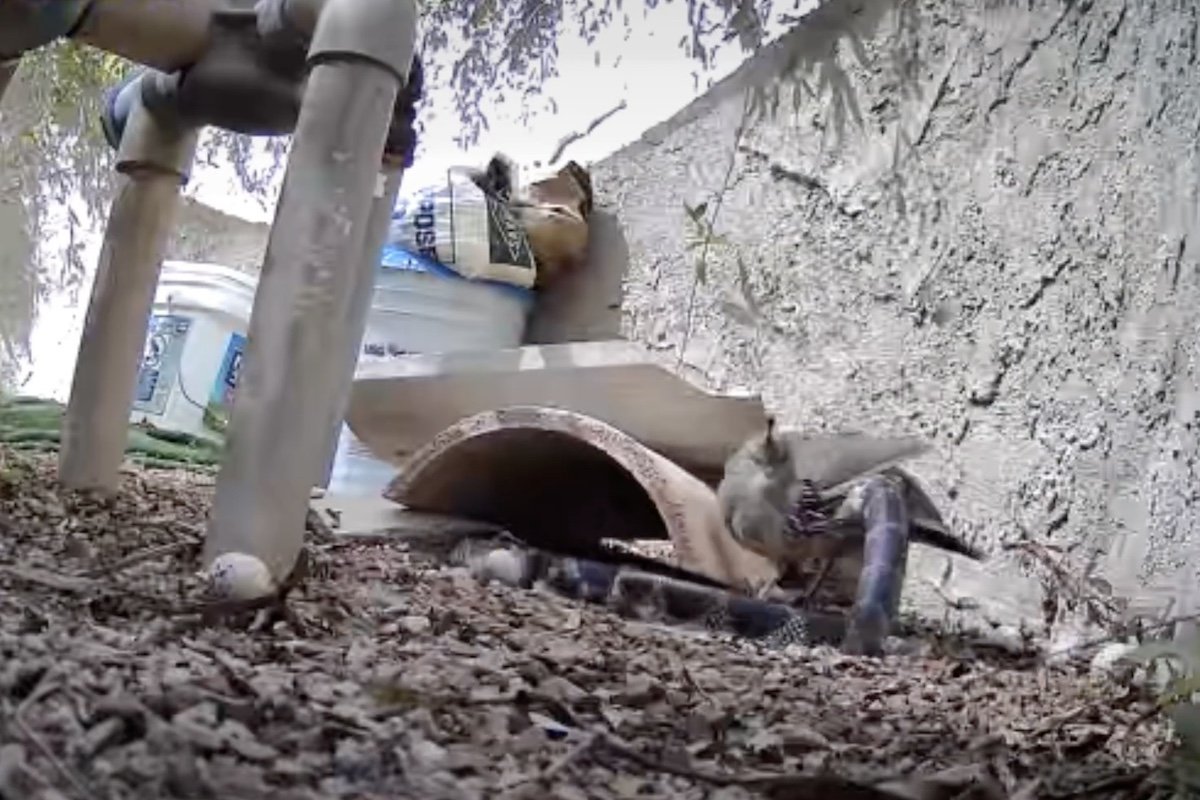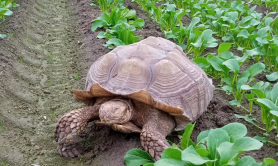

On Monday, February 6, a devastating earthquake and several powerful aftershocks struck Turkey and Syria, seemingly out of the blue. But some say animal behavior may have offered early clues that the disaster was imminent
According to The Washington Post, social media users reported unusual animal behavior from their dogs, wild birds and other animals in the minutes before the earthquake hit. Dogs howled, birds swarmed, seemingly in panic. And in fact, research suggests that these animals may have been reacting to initial seismic shocks, which are usually too subtle for humans to detect.
One study, conducted in Italy in 2020, observed abnormal animal behavior up to 18 hours in advance of earthquakes in the region. The researchers also discovered that the animals could detect an earthquake up to 12 miles away. The study tracked several different species and found that different animals demonstrated different earthquake sensitivity. Dog owners likely won’t find the results surprising.
“Dogs were most [sensitive], followed by cows, while the sheep’s activity hardly changed,” the study says.

Interestingly, the researchers found that animals only exhibited strange behavior when they were indoors as opposed to out in the open—perhaps a reaction to feeling trapped amid impending danger. If this is true, it may help explain why the urban animals in Turkey were particularly hyperactive in the moments before the recent quake.
Other scientists speculate that animals could detect earthquakes even earlier—maybe up to days or weeks in advance. While this theory relies more on anecdotal evidence than any bonafide experiments, it is true that some species rely on subtle electric or magnetic fields to navigate their surroundings. If seismic activity causes shifts in these fields, it’s possible that animals could detect those changes in a longer time period preceding an earthquake.

This type of animal behavior research is still fairly young, which means scientists likely wouldn’t have been able to use animals to predict the Turkey quake far enough in advance, even if they were paying special attention. However, as the researchers in the Italian study suggest, fitting more animals with sensors could help us better map earthquakes and identify the patterns that precede them. In the future, we may even have a biological early warning system that’s as sensitive—or even more sensitive—than the seismic detectors we rely on today.
The recent earthquake has killed more than 11,000 people in Turkey and Syria and left thousands of refugee families without homes or resources. You may consider donating to a relief organization to help provide help for the region.









